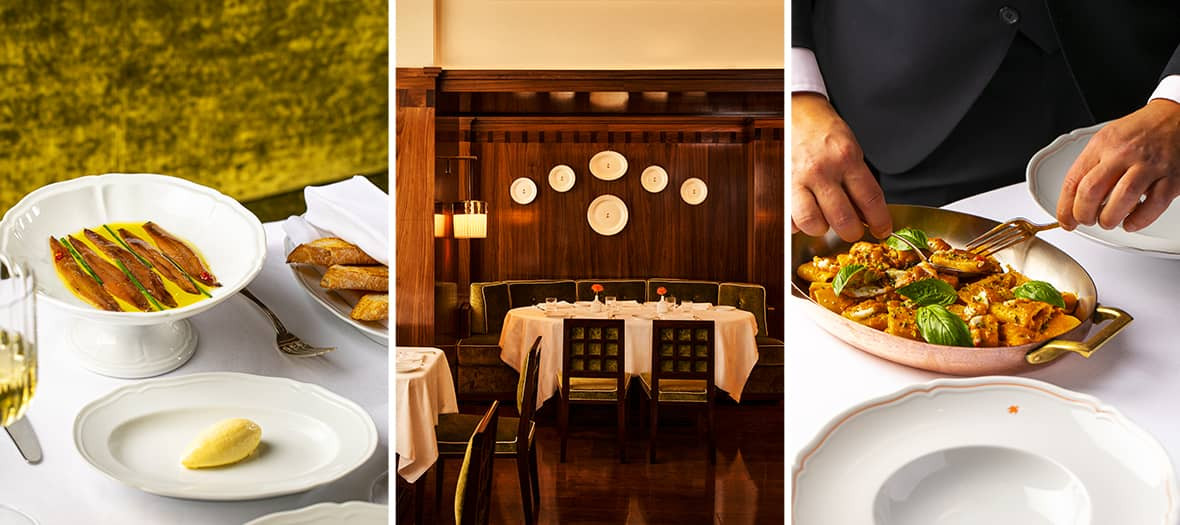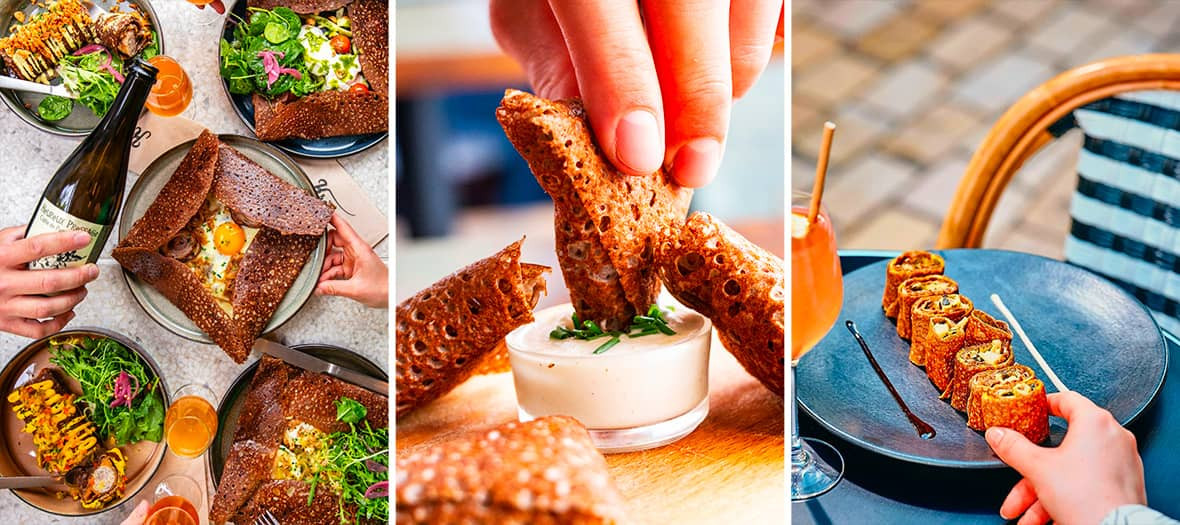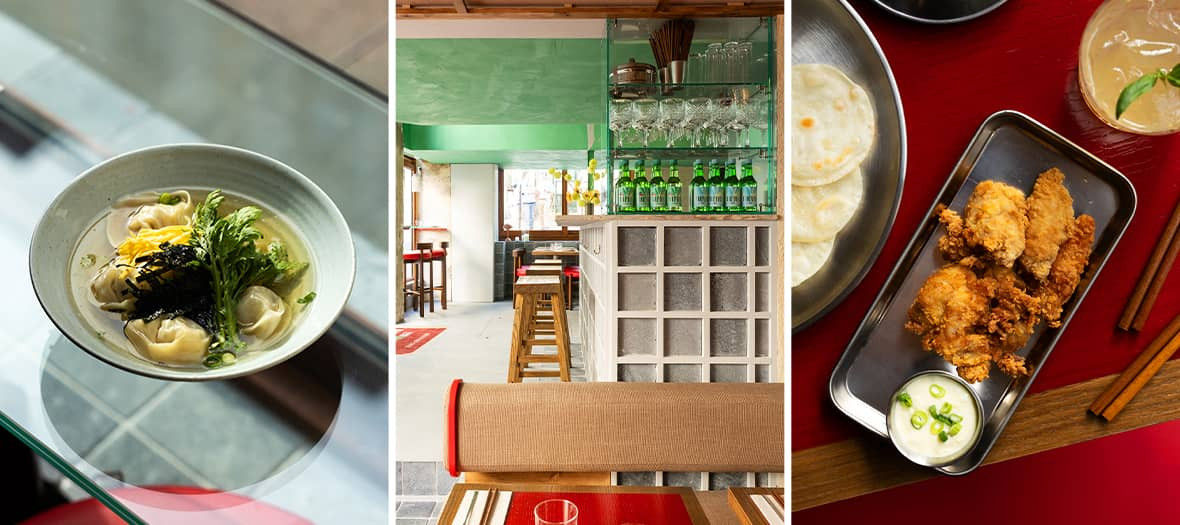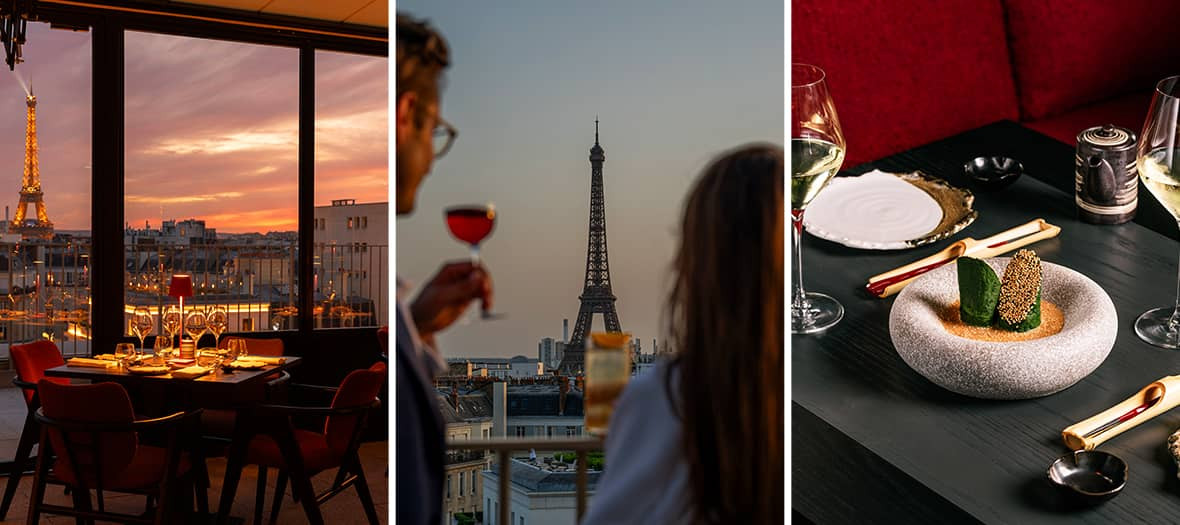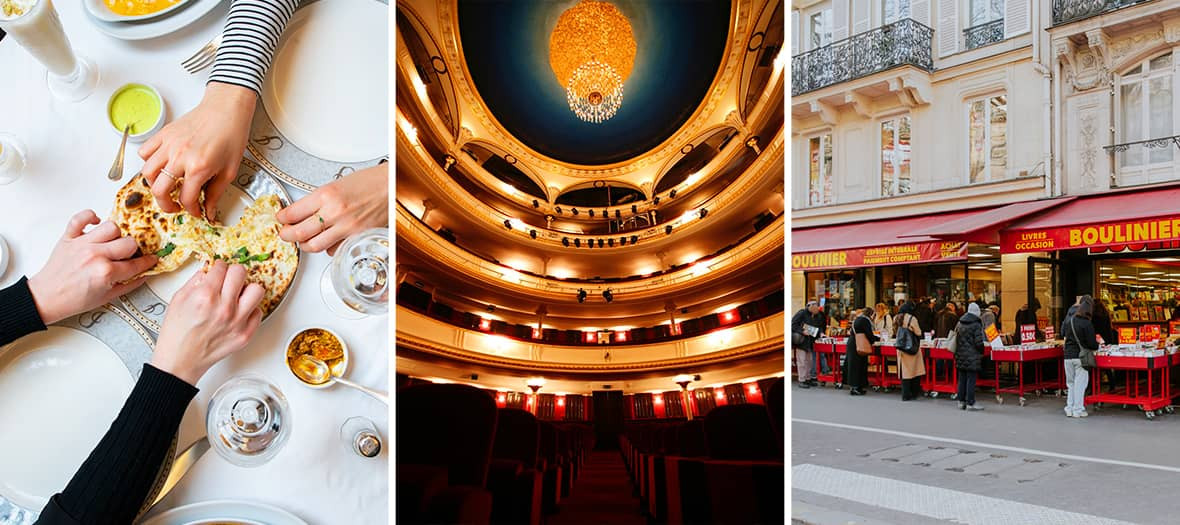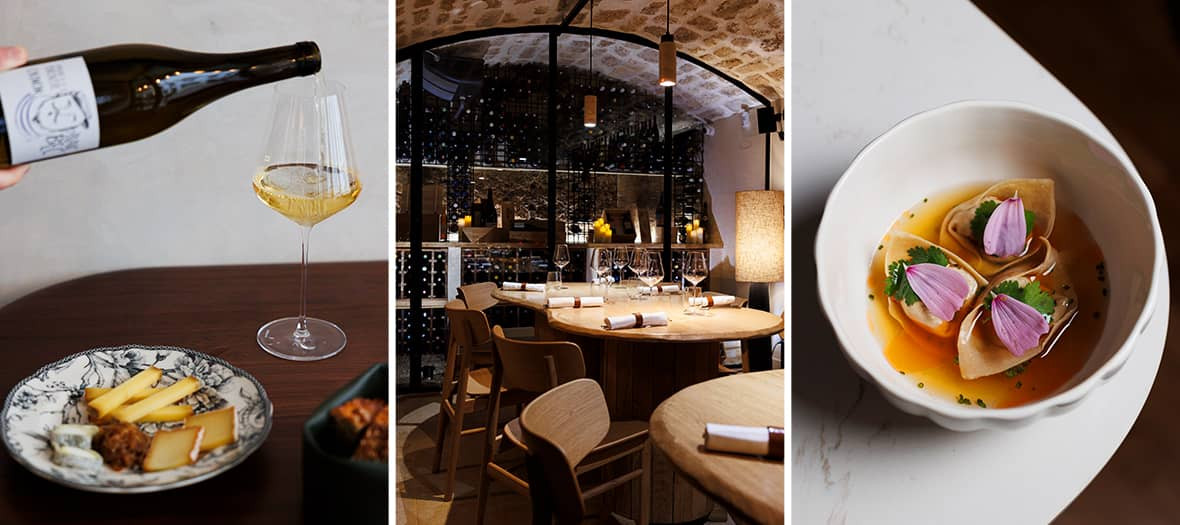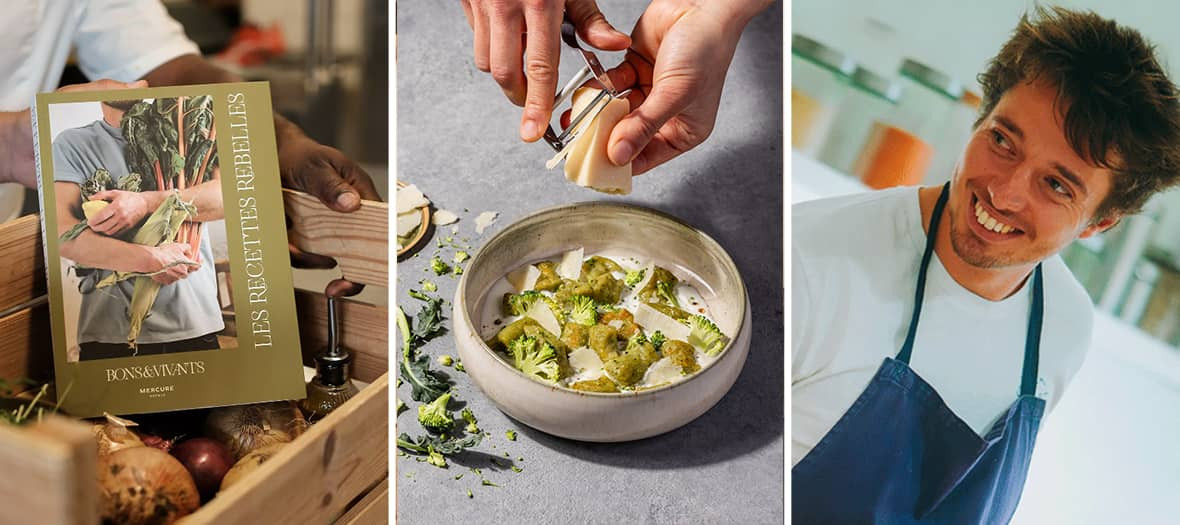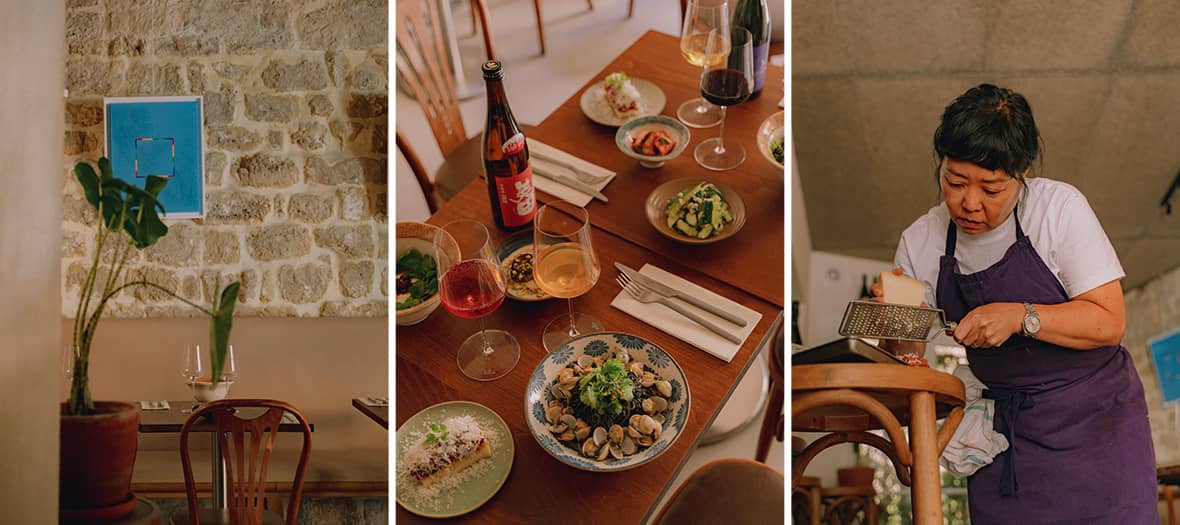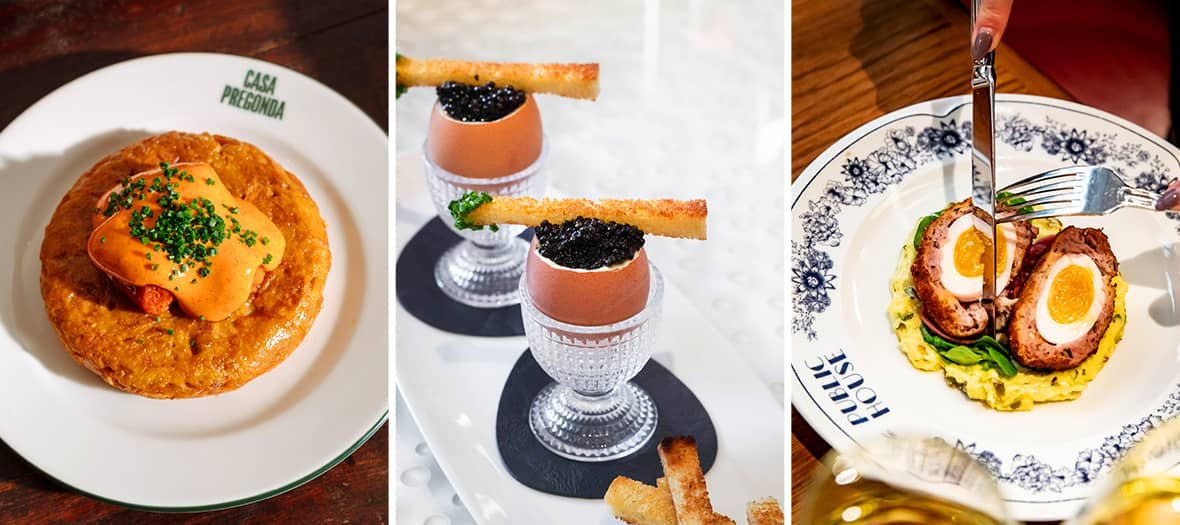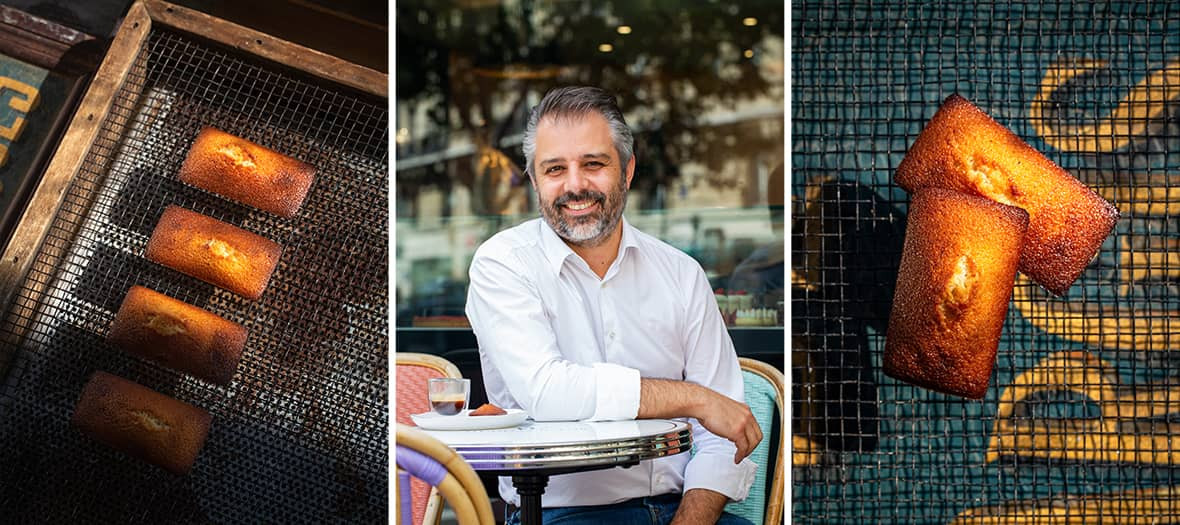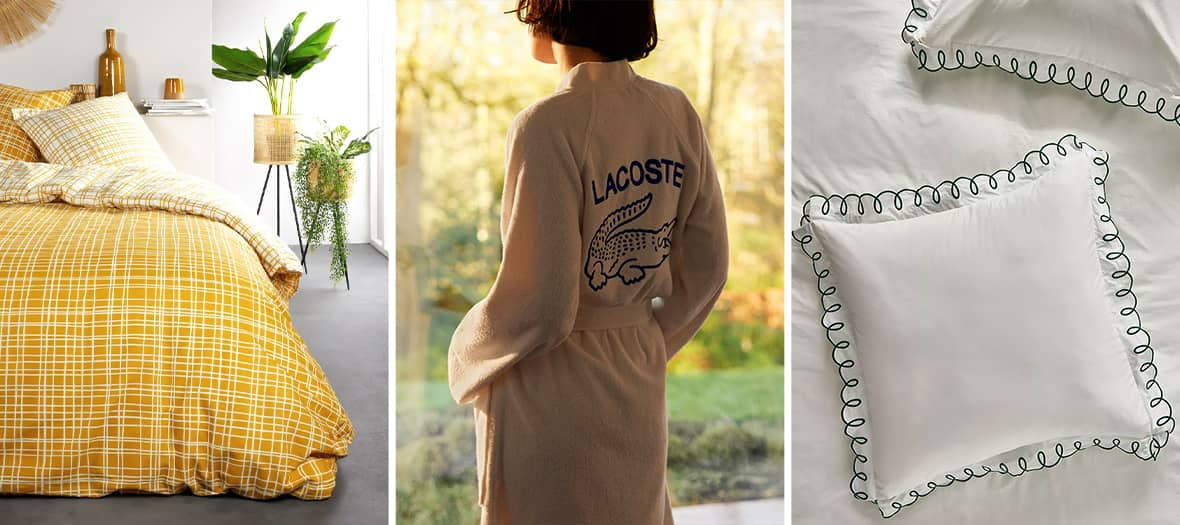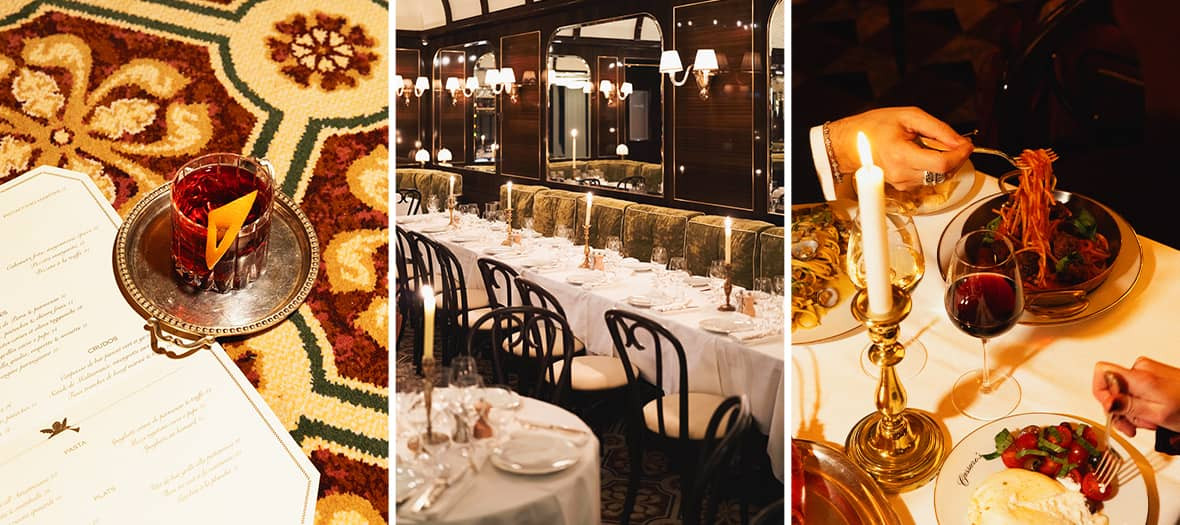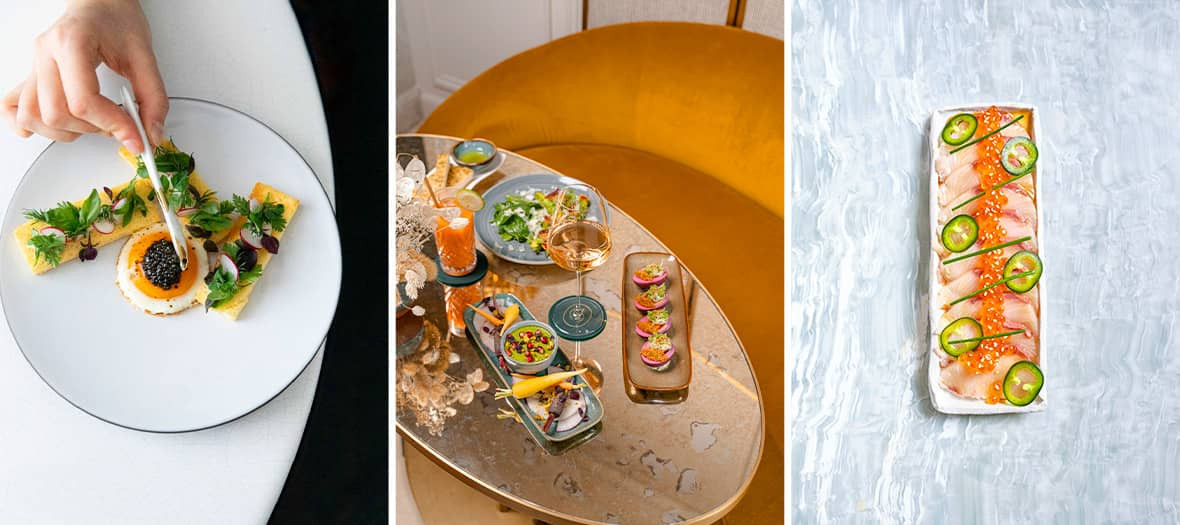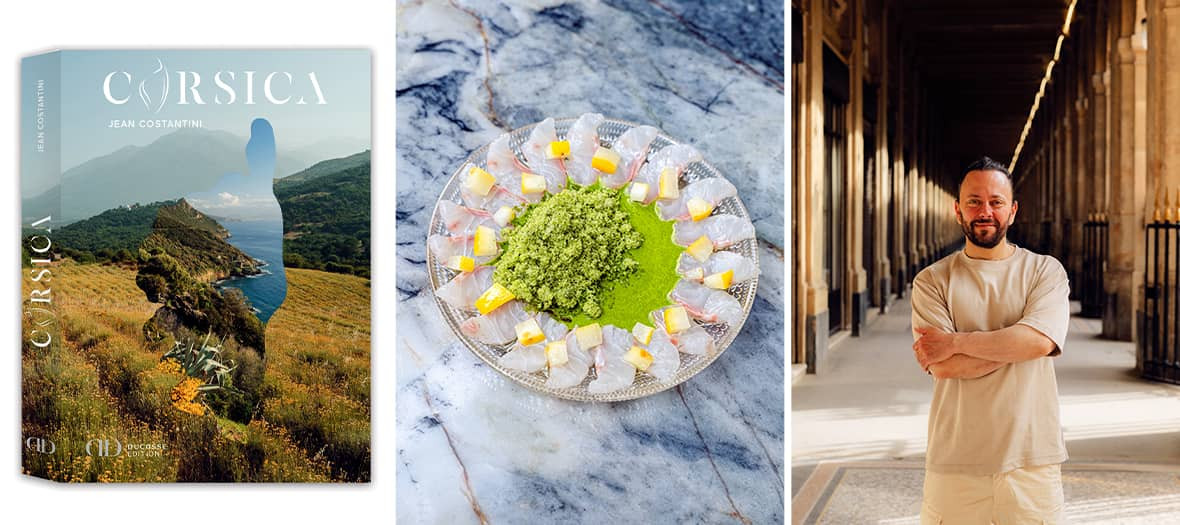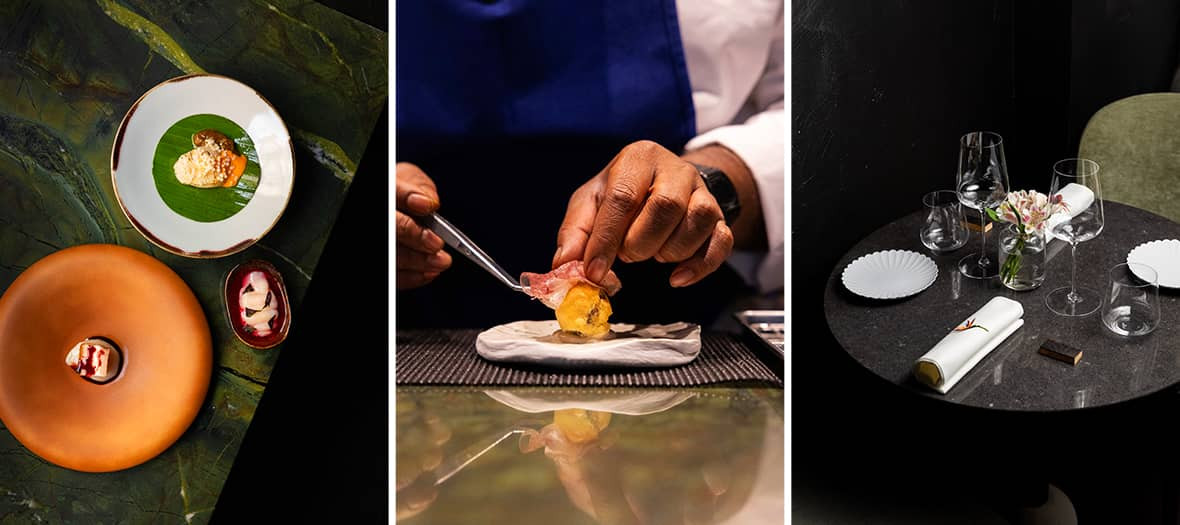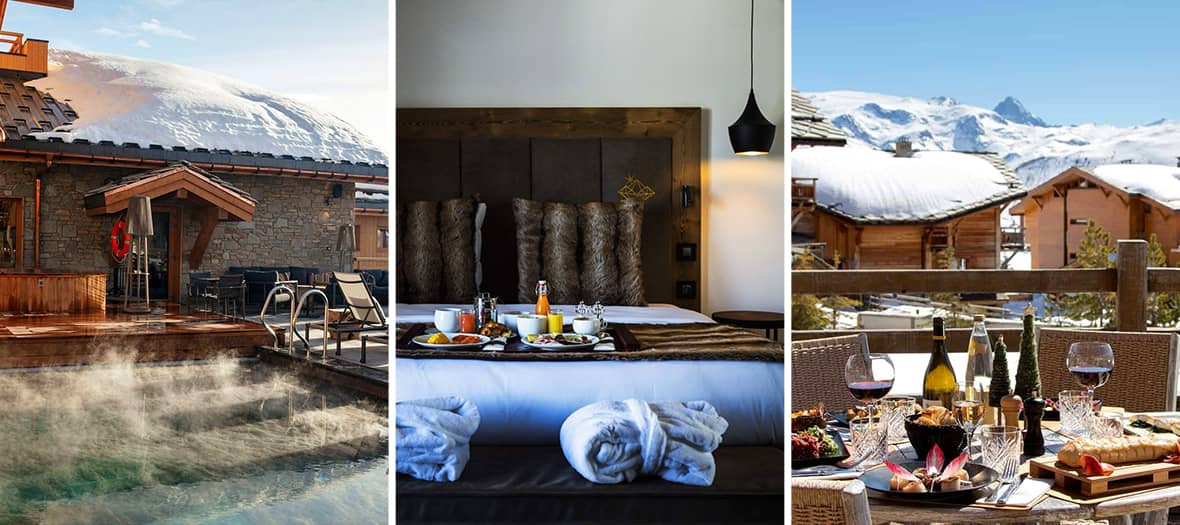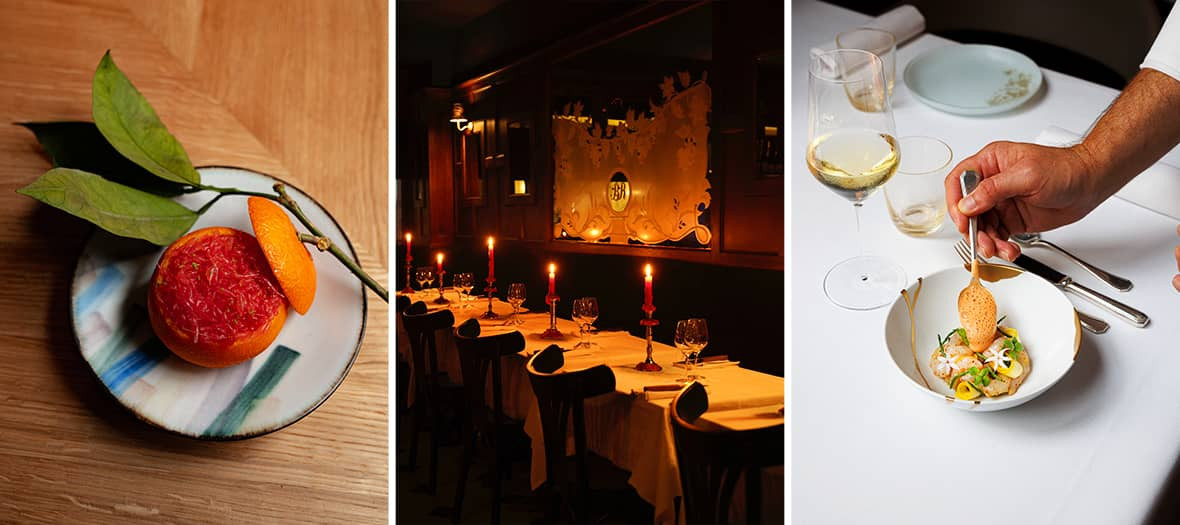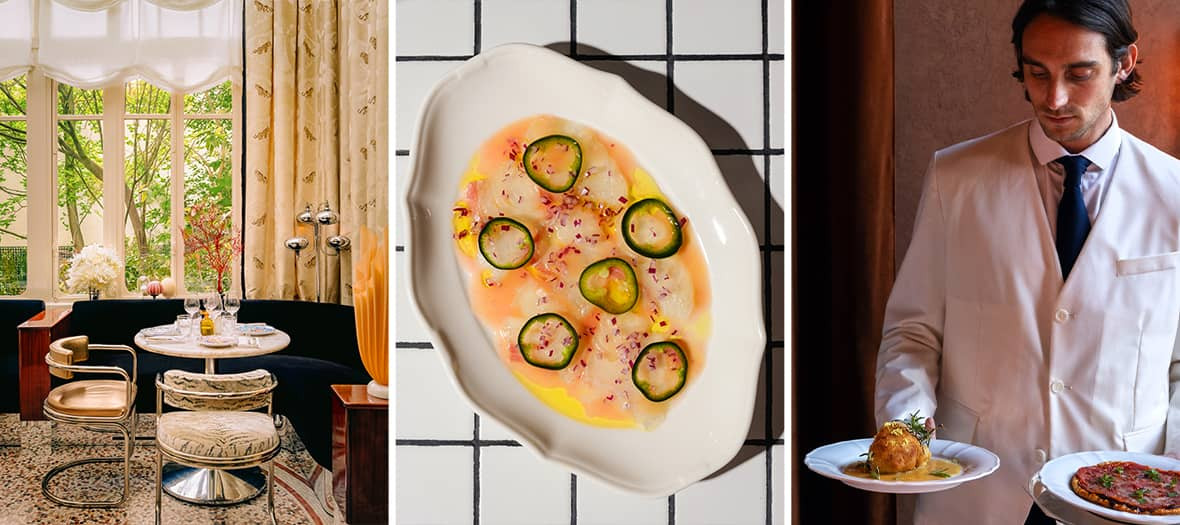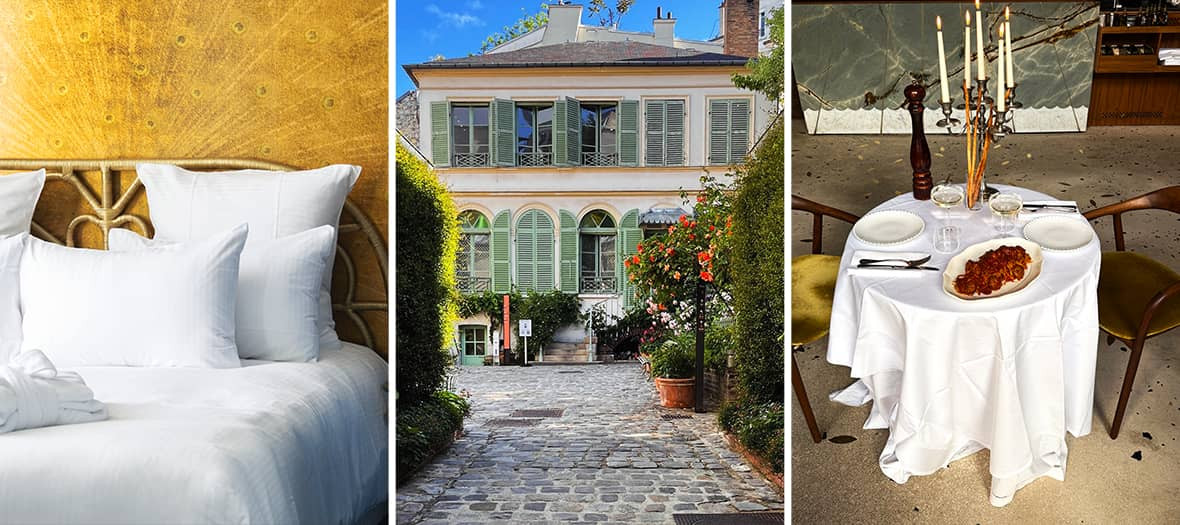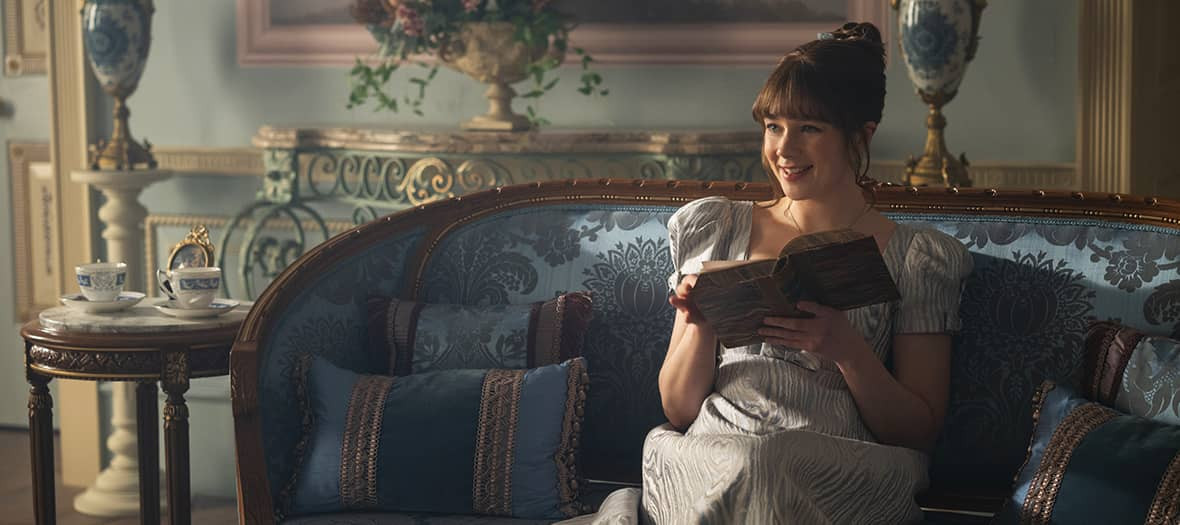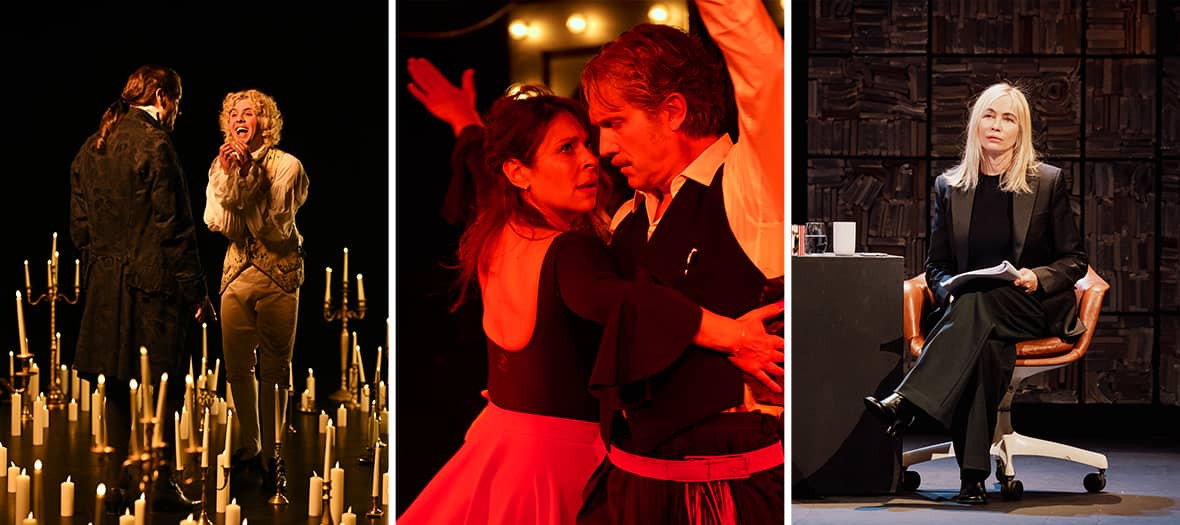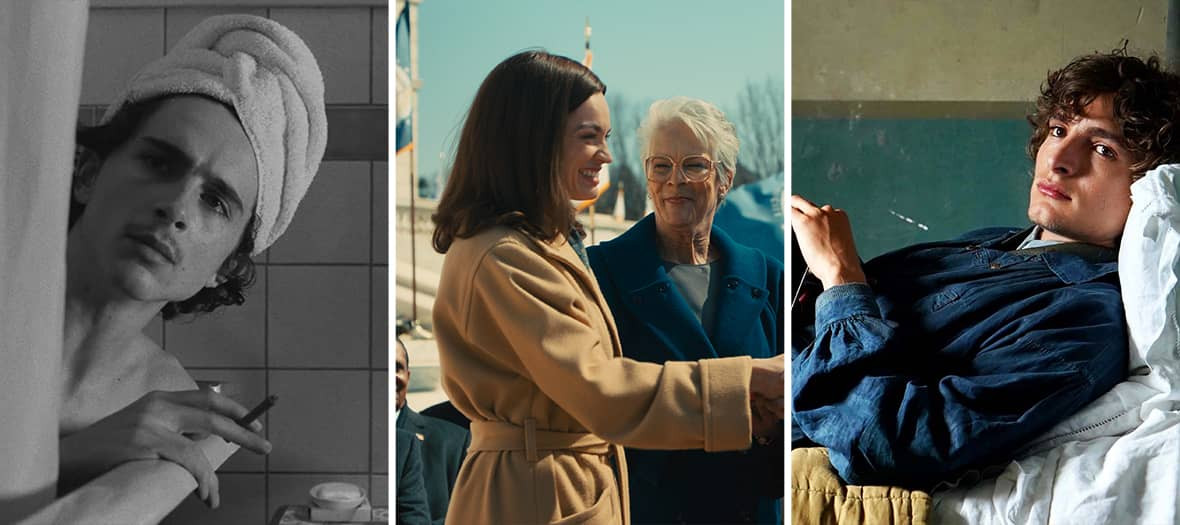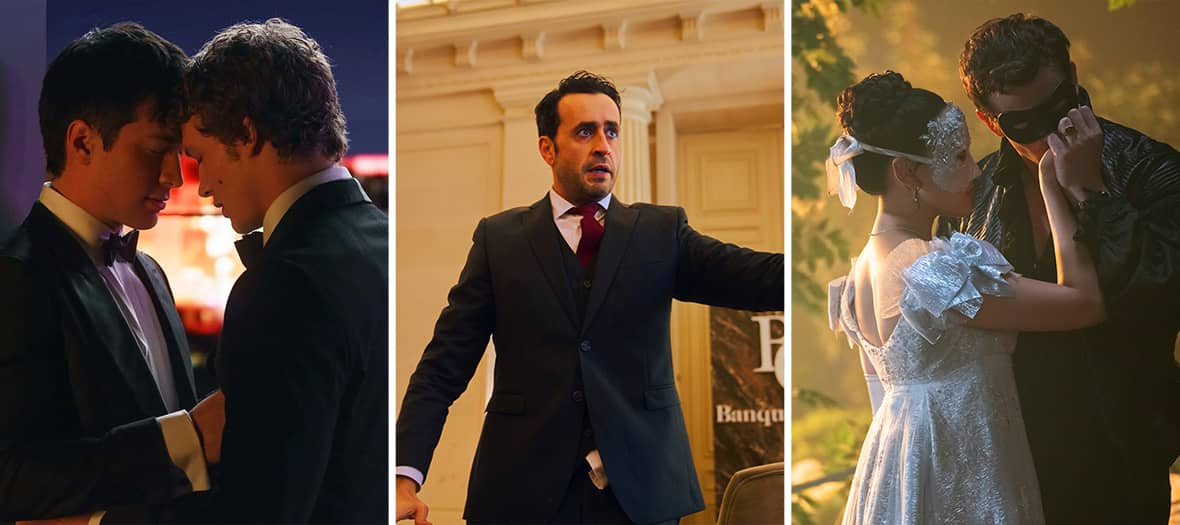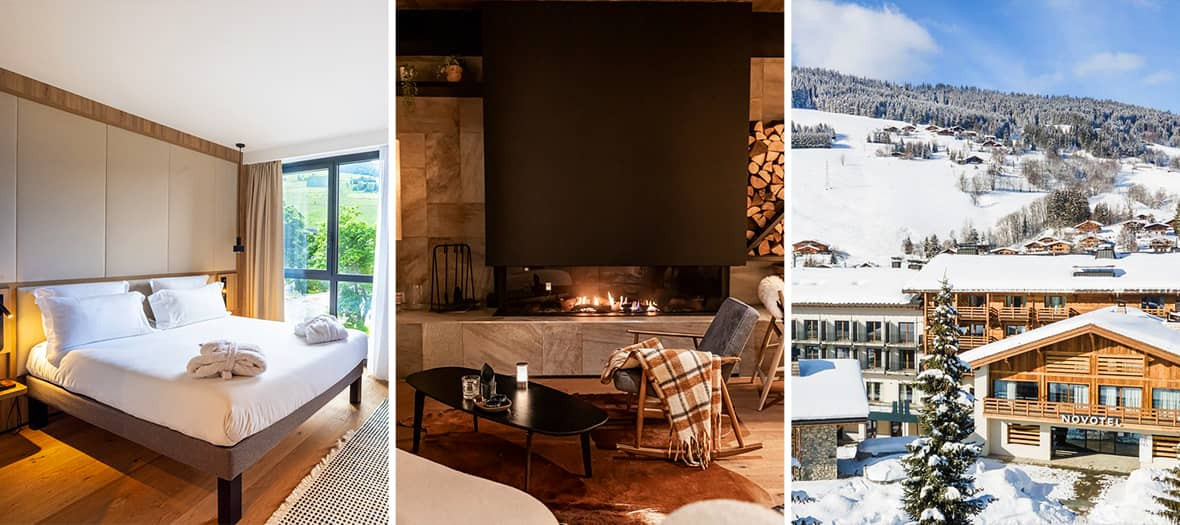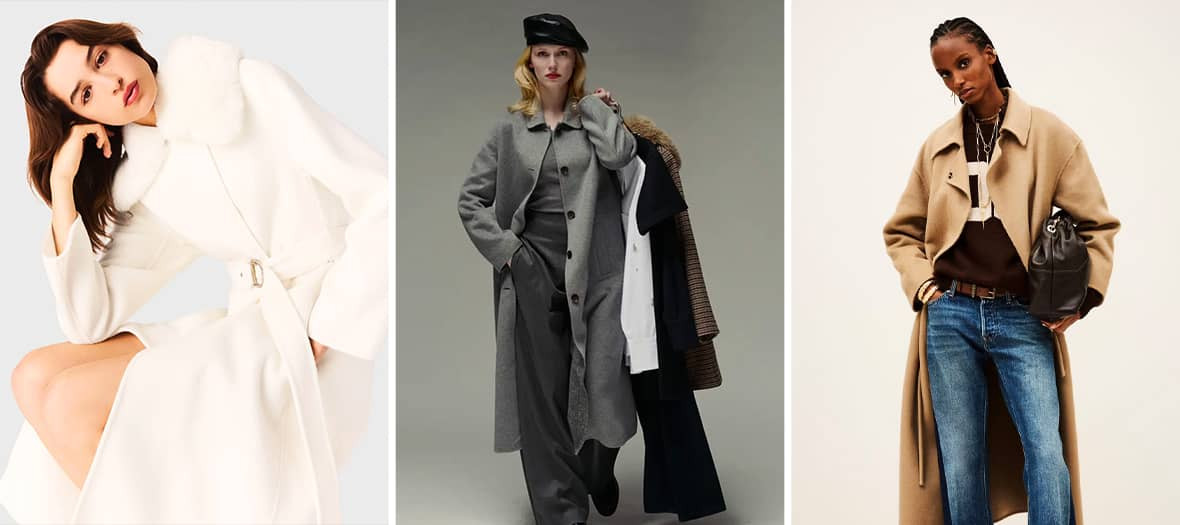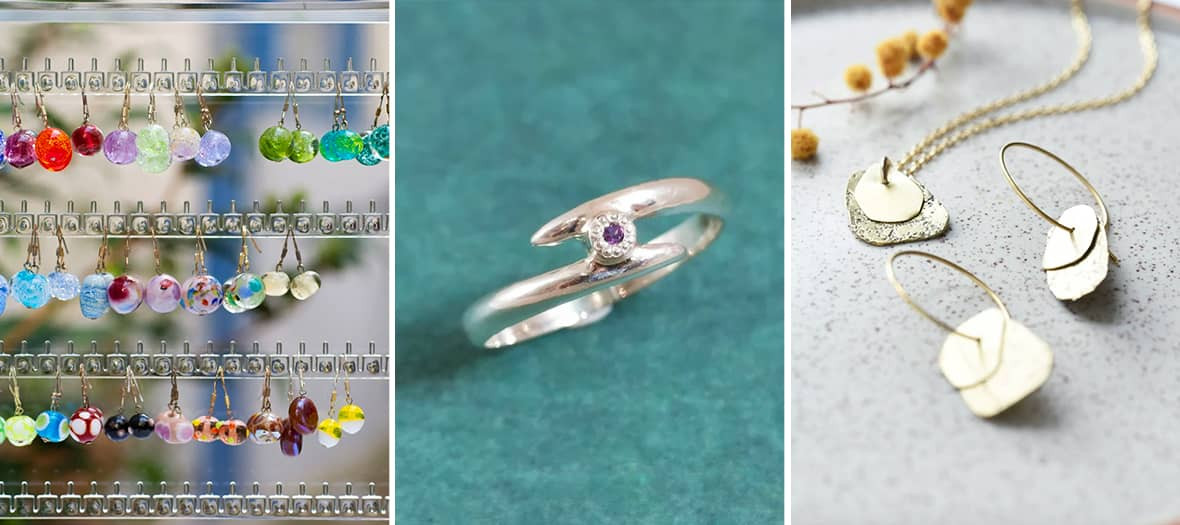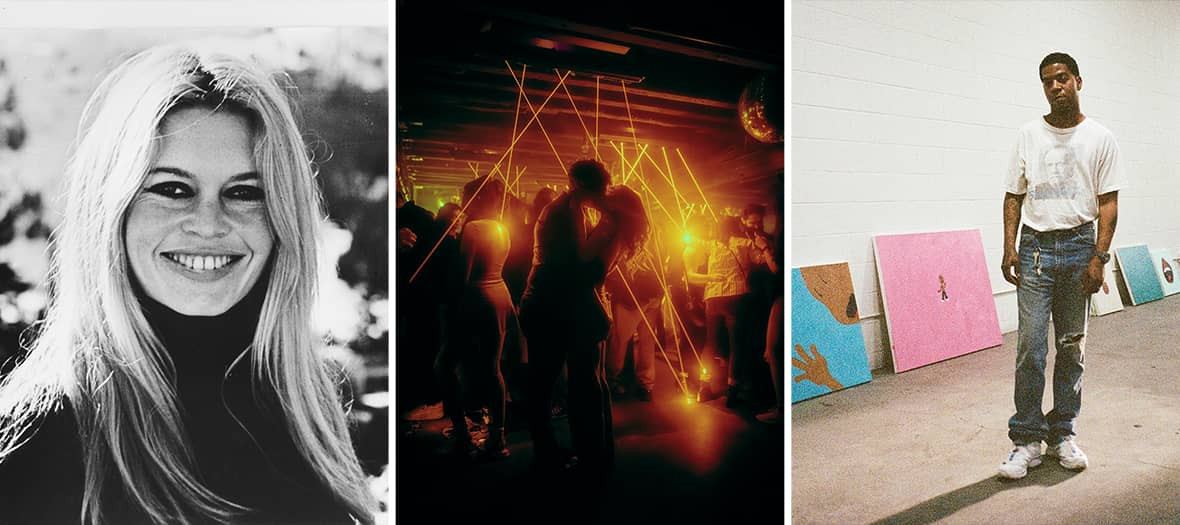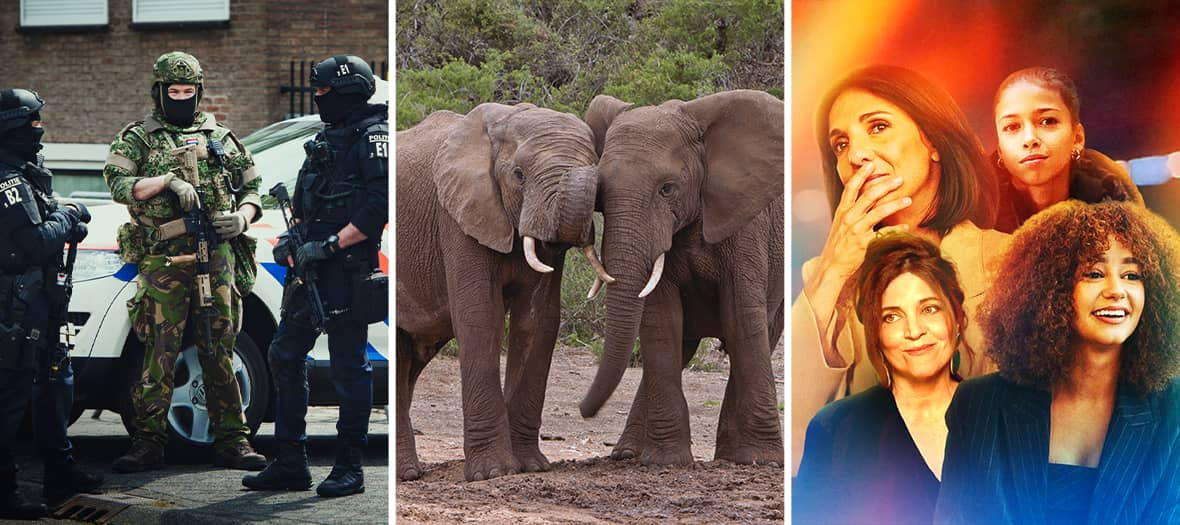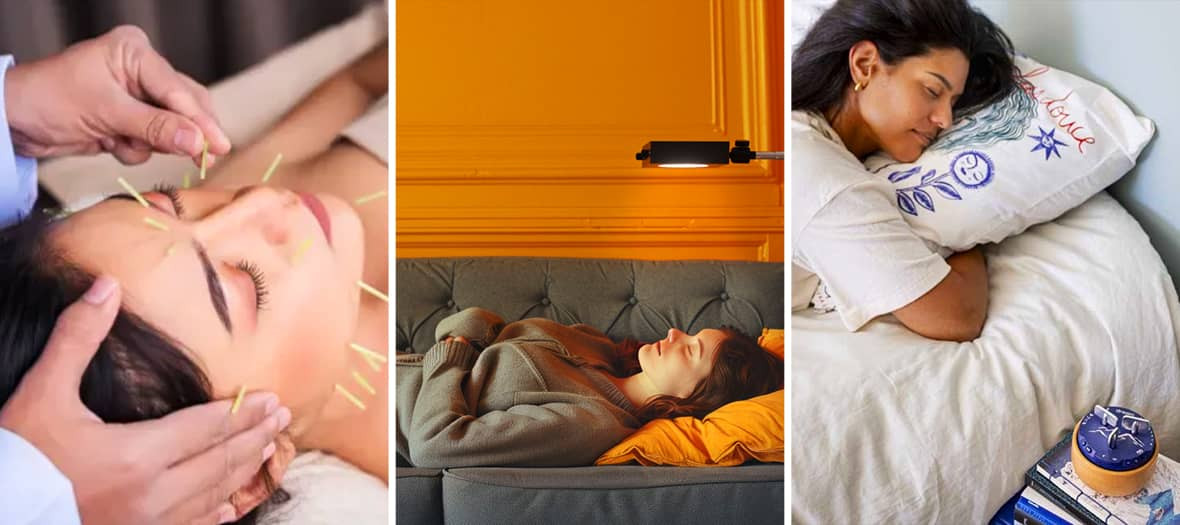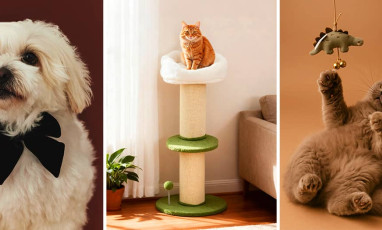Between jealousy, liberating freedom, emotional states, and sexual passion, how to approach an open relationship? Testimonials, advice, and warnings: we tell you everything.
Never Without My Better Half
The classic heterosexual couple associates a man and a woman. They must love each other, cherish each other, and be sufficient for each other. Our grandparents lived this way. Our parents followed this pattern, and we followed them on the path of normality. The normality of the couple. What is expected of us. But do we still, in our time, want this figure that is imposed on us? A large majority doesn't even question it. For others, it's different. "I may be deviant, but I can't see myself sleeping with the same guy my whole life," Sabrina begins to explain to us at a bar, with a glass of water with mint in hand. "I can love a guy, be happy with him, but I differentiate between emotional love and physical love," Leila, 38 years old, a primary school teacher and mother of a young boy, details. What interests them? The open relationship.
The young woman would like to take the plunge, but one thing bothers her: "My guy, he's the problem. Because I'm convinced. We're good together, but he has never been enough for me. He will never be enough for me. I love life, I love having fun. Without questioning my role as a partner and my commitment to my family life, I don't see why I should settle for him alone in bed. It may be selfish, but I want more."
The words and motivations are clear. There's no doubt about that. And when asked what her partner thinks, Leila is straightforward: "He's against it, no negotiation possible. It saddens me. According to him, we belong to each other, and that's it!" This notion of ownership, that's the heart of the problem. Our society and the education we receive have instilled in us a model: one dad, one mom, and nothing else. Anything that happens outside of this framework is considered absurd, even frightening. We have a hard time accepting it and doing things differently.
Rose, on the other hand, has a measured (or not!) opinion on this matter: "If my guy is with another girl, I'll kill her, and him, I'll bury him. There's no way he's seeing someone else." Reassuring and tolerant are the words that define her best.
Daniel, on the other hand, is a model of open-mindedness. "My wife is mine. Whether things go well or badly between us, I could never let another guy touch her. But if she wants a threesome with another woman, I'm not against it!" When it comes to fulfilling his fantasies, the man forgets his principles and quickly changes his mind.
These individuals have a hard time challenging their beliefs, whether they are good or bad. They feel deprived of what is rightfully theirs. By imagining their partner being intimate with someone else, they feel like they no longer exist, like they've been demoted. This capitalist view of the couple blocks them and prevents them from having other adventures.
The Love Adventurers
One might think that the concept of an open relationship is a trend for perverse urban elites in search of thrills, but that would be denying a reality. Open or non-exclusive relationships are not new. They apply to many unions across France, regardless of socio-professional category. What do they seek? Why did they venture into this? How does it work?
Ethan, Denise, and Sonia answered my call. The three of them have been in relationships for years, whether they have a mortgage or not, they watch TV shows like Koh-Lanta or other nonsense, they pitifully do their grocery shopping on crowded Saturday mornings at a mall, they sometimes eat (a bit too much) fast food because they enjoy the indulgence, they squeeze blackheads on their noses and backs in their pajamas while watching a pointless TV series, and they even allow themselves a few flatulences in bed. In essence, a typical couple's life. But these three are also in open relationships.
Sonia's motivations? "I felt the need due to dissatisfaction with the frequency of sexual encounters in my relationship. I don't feel like I own my husband, and I have the desire to explore other bodies." Ethan's reasons are not so different: "I'm a heartthrob with a strong libido. We talked about it for two years before taking the plunge. There was a lot of communication and some complicated moments. We started with swinging, then we opened up our relationship fairly quickly afterward." Sexual appetite, the desire to see and try something different with other people, that's the number one argument. Even if you love your partner, the desire to have other experiences drives some couples to opt for non-exclusivity.
Denise is a fervent supporter of this movement. She took the time to think about it and even listed the benefits of this authorized flirtation: "I had already questioned the meaning of sexual exclusivity within a couple, as well as the boundaries between friendship, love, and intimate relationships. So we talked about it and decided to adopt this way of functioning. It gives me freedom and a sense of security. I can connect with someone in any way I want without jeopardizing my preexisting relationship. Within our couple, neither of us feels frustrated or limited. We have a healthier relationship, I would say."
The key to embarking on an open relationship lies in the state of the relationship itself. A shaky union that is trying to salvage things, lacks communication, or doesn't have a fulfilling shared sex life is not equipped to embark on this adventure. An open relationship works when the couple is strong, solid, still enjoys intimacy regularly, and, most importantly, communicates honestly, doesn't hide anything, discusses their desires, wants, and fantasies. You must accept each other's wishes. If jealousy creeps in, then you're heading for trouble.
What does it look like in practice?
According to psychologist and sexologist Marine Henry, there is a crucial point: "Establish strict rules, absolute trust, shared values and life goals, and sexual communication." Let's examine all these points with our witnesses.
Denise has kept it simple: "We talk and listen to each other. There aren't really any taboos. We've expressed what made us uncomfortable. Hands-off when it comes to family or close ones." Sonia is more succinct: "We don't share everything, and we don't meet our lovers at home." Rules are important and vary between couples. Not falling in love, not more than three times with the same person, only on weekends, no signing up for dating apps... The conditions are diverse. However, their goal is to provide minimal protection to the original couple. Once that's established, they can go ahead.
Furthermore, men and women don't compete on an equal playing field. A heterosexual woman "on the market" will face men who are less discerning about her personal situation and are ready to do anything to get into her bed. For men, it's more complicated since a man in an open relationship will have to battle doubts: women will wonder if he's not cheating on his girlfriend.
What should one think about it?
"The concept of an open relationship is not a deviance and does not seek to fill a void. There is no standard for couples. Each couple does what they want and decides what suits them best," concludes the psychologist.
Even happiness and fulfillment can come with an open relationship, as Denise admits, having been in an open relationship for five years: "My perspective on an open relationship is all about freedom. I'm married, but I belong to no one, neither my body nor my soul. I only have one life, and I don't want to limit myself to Judeo-Christian injunctions. I want to have control over my sexuality as I see fit. Since we made this choice, things have improved significantly between us. Maybe I'm more laid-back, and he's more demanding. It balanced our relationship."
Ethan, a novice and dreamer, delves even deeper into this trend: "What is an open relationship? First and foremost, it's a political statement. A way of saying that we are educated and refuse the one-size-fits-all approach. Secondly, it's an affirmation of my own values. Human, ethical values. And it's a form of freedom that, contrary to what one might think, strengthens bonds when one is sincere with oneself and others. By definition, in an open relationship, we lose exclusivity, so yes, we have to deal with that. But for me, if you're jealous, it means you're touching on an insecurity that stems from something else, and it's worth digging deeper to move forward, for oneself." Whether naive or astute, I'll let you be the judge.
However, it's not all rosy. Despite all the goodwill in the world, some people come out of it disappointed: "I could never get past the jealousy. We had agreed on it, after all. But I felt like I had been dispossessed. I lost it. Our relationship no longer existed after that," confesses Pauline, who tried an open relationship for a year. Djibril tried it for six months, and he wouldn't try it again for anything: "It especially affected our relationship. The contract was clear, but in reality, it's more complicated. It damaged our trust base, and more than a year later, we're still paying the price."
In the end, who to believe?
Perhaps you yourself? You are your own judge. You know yourself. There's no need to force yourself and try at all costs. Discuss it with your life partner, and if the desire strikes you, go for it. The silliest thing would be to want to follow a trend. Remember that a couple in a troubled state, attempting to revitalize their relationship through this means, will embark on this journey weakened.
If you trust each other and love each other deeply, just as deeply as you love sex, then an open relationship might be right for you...







